More than 16 million of all U.S. adults—or about 7 percent of us—have experienced a major depressive episode within the past year. Given this staggering statistic, chances are that you, your friends, or members of your family have suffered from depression at one time or another. While psychotherapy and prescription drugs help many people suffering from depression, you can also lessen depression by making several lifestyle changes.
Please know that I’m in no way recommending that someone suffering from depression should avoid seeking psychiatric support or taking medication. In this blog, I’ll share some of the most up-to-date information available on what you can do for yourself to reduce suffering and enhance your mental health by highlighting the relationship among depression, sugar, and processed foods.
A STRONG LINK BETWEEN SUGAR AND DEPRESSION
While a number of food ingredients can cause or aggravate depression, it may not surprise you that the most significant are sugar and high-fructose corn syrup. The sugar you consume in sweets such as candies, cakes, or cookies elevates your serotonin, the “happiness hormone,” which can give you a short-term mood boost. In the long-term, however, research suggests foods high in sugar are more likely to depress your mood. According to multiple studies, a diet high in refined sugars can not only result in worsening symptoms of depression, but can also impair brain function. That’s because a high-sugar diet creates inflammation throughout one’s body, and chronic brain inflammation tends to replace serotonin with anxiety-producing chemicals that can negatively affect your overall mood. Psychiatric researchers have observed, too, that patients with higher levels of inflammatory markers in the blood are less likely to respond to antidepressants.
Sugar has been shown to trigger depression and other mental health problems through a variety of mechanisms, such as:
Feeding pathogens (bacteria, virus or other disease-causing micro-organisms) in your gut, thereby allowing them to overtake beneficial bacteria. When gut pathogens are altered it can affect your mental health because your gut and brain communicate via a “gut-brain axis.”
Suppressing the activity of key growth hormones in your brain that are critical for good mental health
Triggering a cascade of chemical reactions that promote chronic inflammation, thereby disrupting normal immune system functioning and wreaking havoc on your brain
Damaging mitochondria, which are responsible for generating most of your body’s energy
Eating “Real” Food Protects The Brain
Processed foods, which usually feature a significant list of additives, can be particularly brain-and mood-wrecking because of their added sugars, artificial sweeteners, highly processed vegetable oils, and other unhealthful ingredients. They also often contain genetically engineered ingredients such as herbicides, which are essentially weed-killers. In addition to being toxic and potentially causing cancer, herbicides have been shown to destroy beneficial gut microbes, which play an important role in your health and vulnerability to disease. To add insult to injury, additives such as emulsifiers, which are used to increase a product’s shelf life, may also wreak havoc on the microbes in your intestines, further leading to inflammation and depression in those who consume them.
SO, WHAT SHOULD YOU EAT AND DRINK?
The best foods for your mental health are those that are the most anti-inflammatory, including:
Fatty fish such as wild salmon and sardines; herring; mackerel, and anchovies
Grass-fed, organic meats
Olives, avocados, coconut oil, extra virgin olive oil
Green, leafy vegetables; peppers; cruciferous vegetables such as broccoli and cauliflower; mushrooms; tomatoes
Berries, particularly blueberries, tart cherries, and grapes
Nuts and seeds
Beans and lentils
Green tea
Dark chocolate (in moderation, due to sugar content), cacao
Spices such as ginger, circumen, and turmeric
Pro-inflammatory foods and beverages to avoid include:
Desserts such as pies, cakes, cookies, and candy
French fries and other fried foods
Processed meat such as hot dogs and sausages
Margarine; shortening; lard; palm, sunflower, and soybean oils
Artificial sweeteners
Sodas, fruit juices, sport drinks, energy drinks
Excessive alcohol
While following the above guidelines won’t guarantee a depression-free life, it will certainly decrease your vulnerability to developing depression and go a long way towards supporting your overall mental health and well-being.

